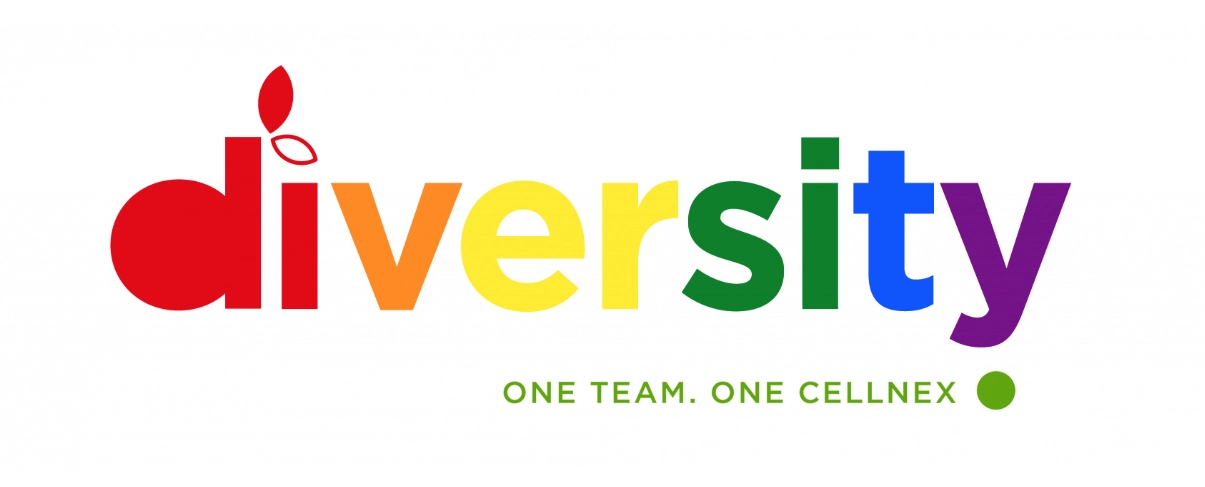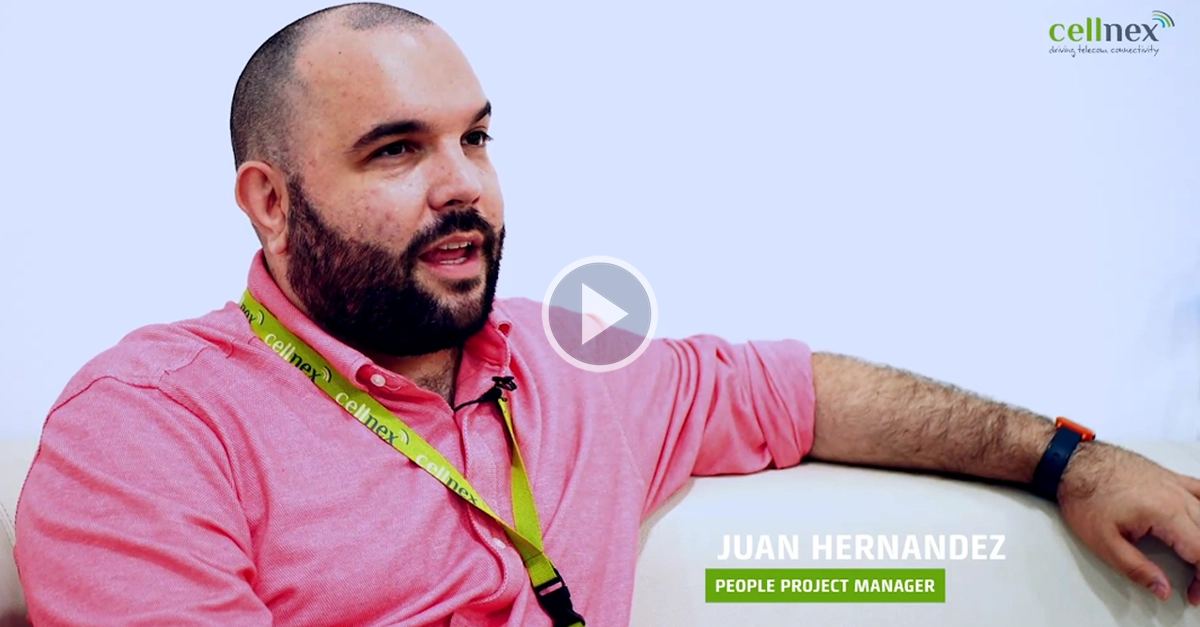Trends
Trends
JUL
02
2021
Social
Sexual orientation and gender identity, the most overlooked diversity issue in the company
Diversity and inclusion policies are already widely recognised in large companies as drivers of productivity, innovation, growth, recruitment and retention of talent, and social well-being. Investors scrutinise progress, while employees and other stakeholders are increasingly seeking organisations focused on these values, in the absence of which it is difficult to understand an increasingly diversified and global world.
Two years on since the commemoration of the 50th anniversary of the Stonewall Revolt to vindicate the rights of the LGBT community, it is a good time to review business practices in relation to affective-sexual identity, which many regard as the major outstanding issue of inclusion and diversity in companies.

Although Spain and Portugal have ratified pioneering global laws for the recognition and inclusion of LGBT+, various instances of homophobia, lesbophobia, biphobia and transphobia are still present in work environments. According to a study by the Secretary of State for Equality on Inclusion of sexual diversity and gender identity in companies and organisations in Spain and Portugal, 36% of LGBT+ people often or very often hear negative rumours or comments about sexual orientation / gender identity and many hide their identity for fear of not being accepted.
Such bias and discrimination are not always easy to detect; incidences of discrimination wrongly considered of “low intensity” still often occur and, in some environments, homophobic language is even socially accepted in ecosystems that prevent non-heterosexual people from talking about their personal lives in a natural way.
According to the survey, such “identity concealment” is motivated mainly by “Nobody is interested in what I do outside of work”, but also to avoid rumours, stereotyping, professional perception of the person, fear of rejection, of isolation or even of losing their job.
Pride in diversity
“For me, affective-sexual identity is the most overlooked diversity issue. People are still not too comfortable talking about these issues in certain companies”, explains Juan Hernández Gil, a member of the International HR team in the People Department at Cellnex, a multinational with a naturally diverse ecosystem owing to the geographical and cultural scope of its businesses.
This smiling young economist speaks openly about prejudice in companies and the subtle way in which they sometimes approach gender identity or sexual orientation.
“Many people in the community who do not hide in their daily life do so at work. On the premise that your sexual identity is part of your private life, many people stay in the closet in their working lives. In these cases, part of their minds is constantly occupied with lying, hiding, diverting attention or actually putting up an insurmountable barrier that seriously affects their lives, even in terms of promotion”.
“Many relevant conversations in the world of work take place during coffee breaks, at dinners with colleagues or on business trips (…). When someone systematically avoids taking part in such environments for fear of visibility, they miss many opportunities”.
In the celebration of LGBT+ Pride week, Juan stars in an unusual video in which he recounts his experiences to his co-workers.
“For me, at Cellnex it has always been very easy. When I was looking for a job almost four years ago, I was very clear that I did not want to be in a company that did not recognise and accept me as I am, so I included in my CV my experience as a mentor in an NGO for LGTB+ rights”, he proudly explains. “I think that many people in-house will be pleasantly surprised by this video that goes straight to the point”.
“I want there to be diversity in promotions, in decision-making, etc. We need to create safe environments from the outset, so that it is clear that as a company we are not embarrassed by, nor do we shy away from talking about these issues, so that all employees feel that they are in a safe place”, he explains in an interview.
In the video, Juan refers to Cellnex’s diversity policies, to the “Diversity Champions” in the countries where Cellnex operates, making different types of identities more visible, and which it now plans to extend to all five main topics: gender, generational, functional, cultural and affective-sexual diversity, in search of representatives of the various fields who can help to talk about and move forward on these matters.
At the same time, the group is running a pilot on equality, diversity and inclusion (EDI), Connecting Circles on the affective-sexual topic, which they hope to expand shortly to the other topics, to create environments of trust in which small groups of people can share ideas, experiences, promote development, break down hierarchies, etc.”. In short, think together differently.


















